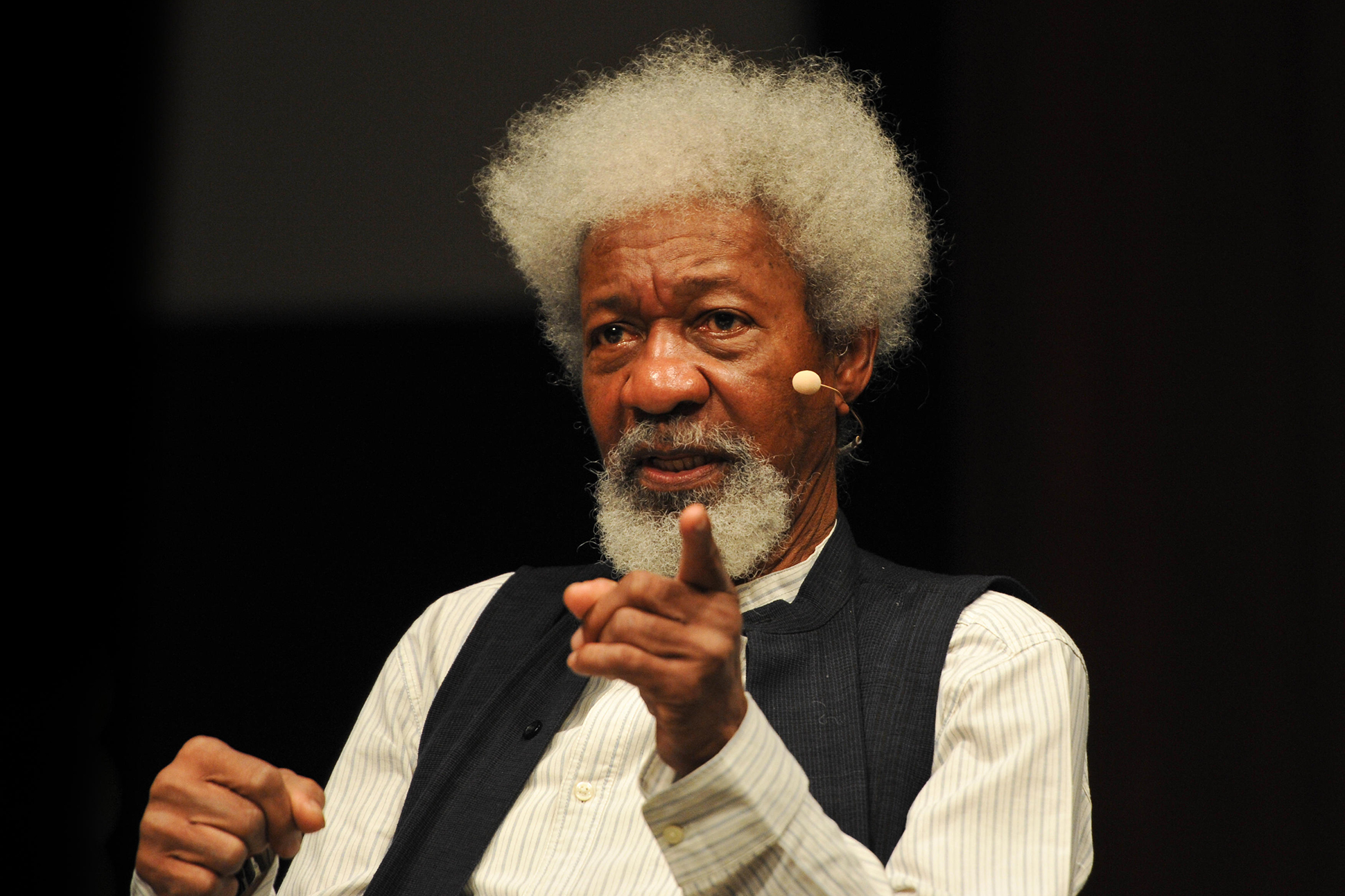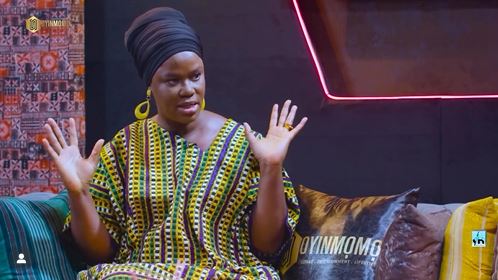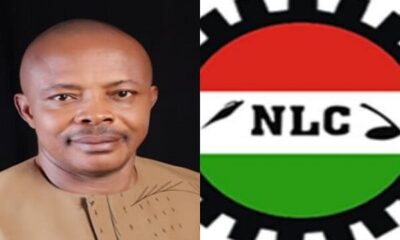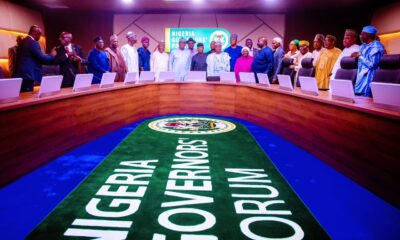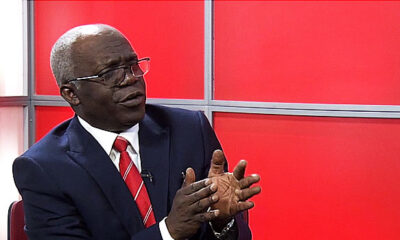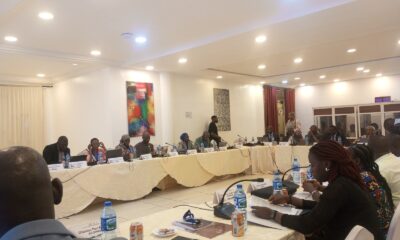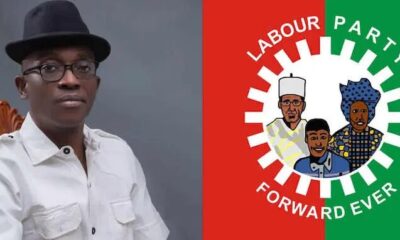Professor Wole Soyinka says President Bola Tinubu must be cautious about his approach to regional security, domestic governance, and the use of state protection for privileged individuals.
The nobel laureate said this at the 20th Wole Soyinka Centre for Investigative Journalism Awards in Lagos on Tuesday.
All these were captured in a now viral four-minute, 25-second video shared on Tuesday night by #Nigeriastories on X.
Soyinka had recounted an encounter which he described as recent in his hotel room in Ikoyi, Lagos State, that left him shocked at what he considered an extravagant display of state security.
He described seeing “an excessively large security battalion assigned to a young individual close to the Presidency,” an entourage he said was “sufficient to take over a small country.”
Soyinka revealed that the young man turned out to be Seyi Tinubu, the President’s son.
Soyinka on Tinubu’s son
He said the discovery concerned him enough to contact National Security Adviser Nuhu Ribadu.
“I was so astonished that I started looking for the national security adviser. I said track him down for me. I think they got him somewhere in Paris. But he was with the president; he was in a meeting.
“Then, I said I’ve just seen something I can’t believe I don’t understand and I described the scene to him I said do you mean that a child of the head of state goes around with an army for his protection or whatever.
“I couldn’t believe it. Later on, I did some investigative journalism, and I found that apparently this is how this young man goes around with his battalion, his heavy armed soldiers,” he said.
“I was astonished,” Soyinka said, adding that “children must understand their place. They are not elected leaders, and they must not inherit the architecture of state power simply by proximity.”
In a separate remark captured at the same event in honour of veteran poet Odia Ofeimum and many others, Soyinka urged Tinubu to reconsider the scale of security personnel attached to Seyi, stressing that such resources are urgently needed elsewhere.
He humorously observed that if a major insurgency were to break out, perhaps the President should ask Seyi to “go and handle it,” given the size of his escort — but added that “beyond the humour lies a serious matter of priority and fairness.”
He warned that concentrating a battalion of operatives around one individual is inconsistent with a nation battling kidnappings, rural attacks, insurgency and criminal violence, insisting that security deployments must reflect national realities, not privilege.
Turning to the media, Soyinka praised journalists for resilience but urged stronger editorial discipline in an era of escalating misinformation.
He cautioned that “the next great conflict may well be triggered by the misuse of social platforms,” calling for renewed commitment to truth and verification, and describing credible journalism as one of Nigeria’s strongest defences against chaos.
PUNCH Online reports that the video shared at about 22.18pm on Tuesday night had garnered over 27,000 views, 466 reposts and 81 quotes.
Benin coup, Lagos demolitions
Also in the viral footage, Soyinka warned that Nigeria’s involvement in the recently halted coup attempt in the Republic of Benin carries significant risks.
Soyinka described the intervention as “another unnecessary military entanglement next door,” arguing that Nigeria should focus on reinforcing democratic institutions rather than resorting to reflex military deployment.
He cautioned that instability in neighbouring countries inevitably spills into Nigeria.
He noted, “What happens in Benin inevitably affects us. Instability anywhere in the region echoes across our own sense of security.”
Beyond regional matters, Soyinka turned to domestic issues, criticising the ongoing wave of demolitions across Lagos.
He said he had personally received photos and testimonies of displaced families and stressed that even necessary urban reforms must prioritise dignity.
“Let us not strip away the humanity of the people affected,” he said, calling for evacuation procedures that protect the vulnerable.
PUNCH Online reports that the trending video continues to circulate widely on X, drawing public comment and discussion on governance, accountability in the country.
Late November, Tinubu ordered the withdrawal of police officers attached to Very Important Persons across the country, directing that they be redeployed to core policing duties.
While, there are no official communication or light response yet from the Presidency as of Tuesday night, PUNCH Online reports that no video confirmation or acceptance that the individual Soyinka raised the alarm about is indeed Seyi Tinubu.



